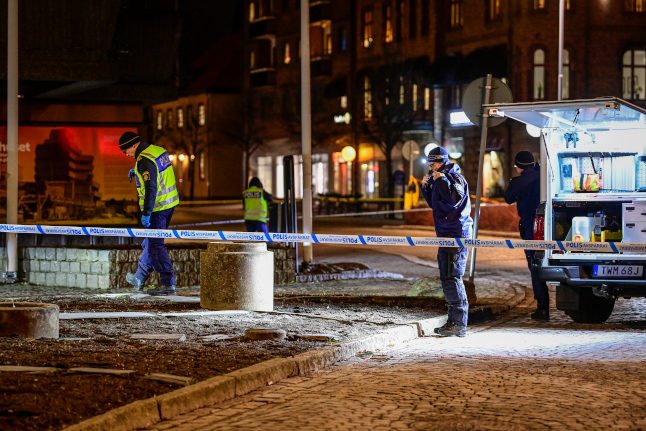On March 3rd, police received calls about attacks in central Vetlanda, a town of about 13,000 people in the south of Sweden.
Seven men aged 35 to 75 were wounded, and while none died four receiving life threatening injuries.
The accused, Tamim Sultani, had said during the trial that he only remembered three of the attacks, however “he didn’t question what the plaintiffs said of the chain of events”, the court said in a statement.
The man also described his struggle with mental health, and said that the attack had occurred during a particularly distressing period and was triggered by a stranger who denied the existence of god, which had caused him to return home to grab a knife.
None of the victims had any previous connection to the man and were picked seemingly at random, but the court noted in its judgement that he had shown some discrimination, for instance by not attacking a group of schoolgirls.
The trial was briefly paused in early July in order for an assessment of the man’s psychological health, but it found he had not “committed the charges under the influence of a severe psychiatric disorder”.
Despite not being able to fully discern whether he intended to kill the victims, the court found that he had been aware that his attack had the potential to kill them, so the court found him guilty of seven counts of attempted murder.
He was sentenced to pay damages to the victims and was given a life sentence.
A life sentence in Sweden technically has no end date, but after 10 years the prisoner can apply to have their sentence commuted to a timed prison sentence, which is often granted – meaning in practice a life sentence is on average 16 years, according to Sweden’s prison service.



 Please whitelist us to continue reading.
Please whitelist us to continue reading.
Member comments